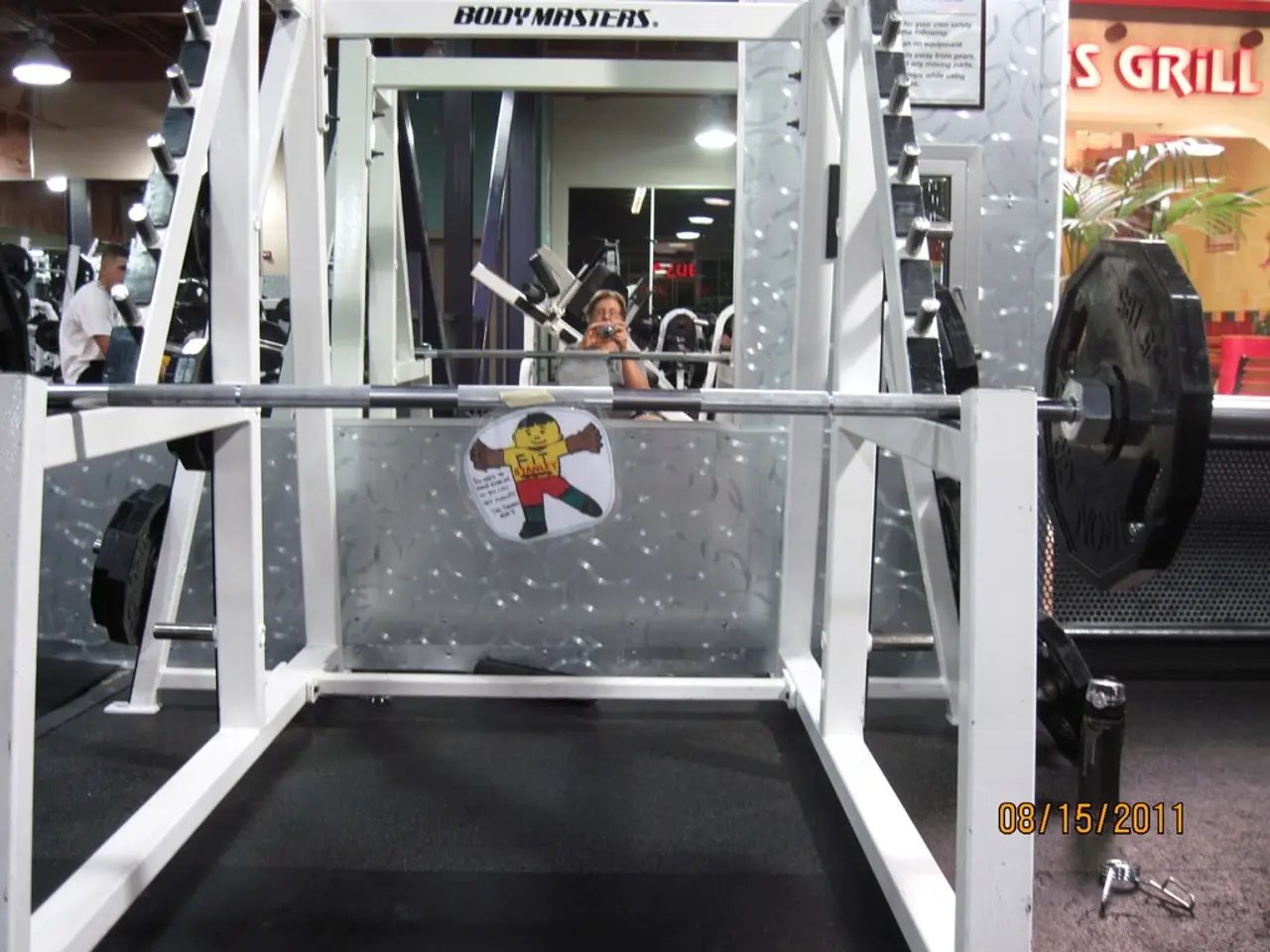Unity among Muslim women: fitness centers owned by Muslims promoting diversity in workouts
In the UK, a significant shift is taking place in the fitness landscape, with an increasing number of women-only gyms catering specifically to the needs of Muslim women. This trend is not only transforming gym culture but also improving health outcomes within this community.
### Impact on Gym Culture
The creation of safe, culturally sensitive spaces is at the heart of this movement. Women-only gyms provide an environment where Muslim women can exercise without concerns related to mixed-gender settings, cultural norms, or religious modesty requirements. This addresses discomfort some Muslim women feel in mixed-sex gyms, encouraging greater participation in physical activity.
Venues like Natalie B Fitness and Fitness 4 Women in Nottingham represent a growing trend of women-only gyms designed with Muslim women’s needs in mind. These venues foster a more inclusive gym culture by catering to underrepresented groups.
Community-building is another key benefit. These gyms often serve as social hubs where women can support each other, fostering a sense of belonging and community. This social aspect helps motivate consistent physical activity, which is crucial for long-term health.
### Impact on Health
Increased physical activity is a significant outcome of these women-only gyms. By removing several key barriers—such as religious and cultural hesitations—that historically limited Muslim women's participation in exercise, these gyms lead to improved physical and mental health outcomes.
Addressing cultural barriers is also essential. Many Muslim women face specific challenges related to physical activity such as dress codes, fasting during Ramadan, and lack of female-only opportunities in public gyms. Women-only venues offer tailored programming that respects these concerns, helping overcome these unique barriers.
Education and awareness are also important aspects of these gyms. They often incorporate health education about diet and exercise that is culturally relevant, helping to dispel misconceptions and promote healthier lifestyles within the community.
### Broader Social and Cultural Effects
The visibility of women-only fitness spaces challenges stereotypes and promotes positive representation of Muslim women in public health and sports, contributing to social inclusion and empowerment. Access to affordable women-only gyms is an important factor, as cost can be a barrier for many Muslim women. Venues that maintain reasonable prices enable more sustained engagement in physical activity.
### Case Studies
Aishah Siddique, a personal trainer in Cardiff, works solely with Muslim women to meet the need for more instructors like her, after her own uncomfortable experiences in commercial mixed gyms. Health Club for Her, a gym and spa in Batley, prioritizes inclusivity and respect, creating a space for Muslim women to train without fear of harassment or sexism.
Ishrat Mehmood, a local teacher who joined Health Club for Her in 2017, appreciates the gym's accommodations for Muslim women, such as its prayer room and Ramadan adjustments. Modest activewear brands such as Haya and Lyra have emerged, and mainstream brands like Gymshark, Nike, and Adidas now offer modest options, catering to the needs of Muslim women in fitness.
The rise of women-only fitness venues tailored for Muslim women in the UK is transforming gym culture by making it more inclusive and supportive, while simultaneously improving health outcomes by addressing specific cultural and religious barriers to exercise. This trend not only promotes physical activity but also fosters community cohesion and challenges societal stereotypes around Muslim women’s participation in sport and fitness.
The rise in women-only gyms specifically designed for Muslim women is not only transforming gym culture to make it more inclusive and supportive, but it's also enhancing health-and-wellness by addressing the unique challenges that Muslim women face in participating in physical activity, such as religious and cultural barriers. These venues, like Natalie B Fitness and Fitness 4 Women, contribute to the health-and-wellness sector by offering science-backed programs and education about diet and exercise that are culturally relevant to their clientele.




